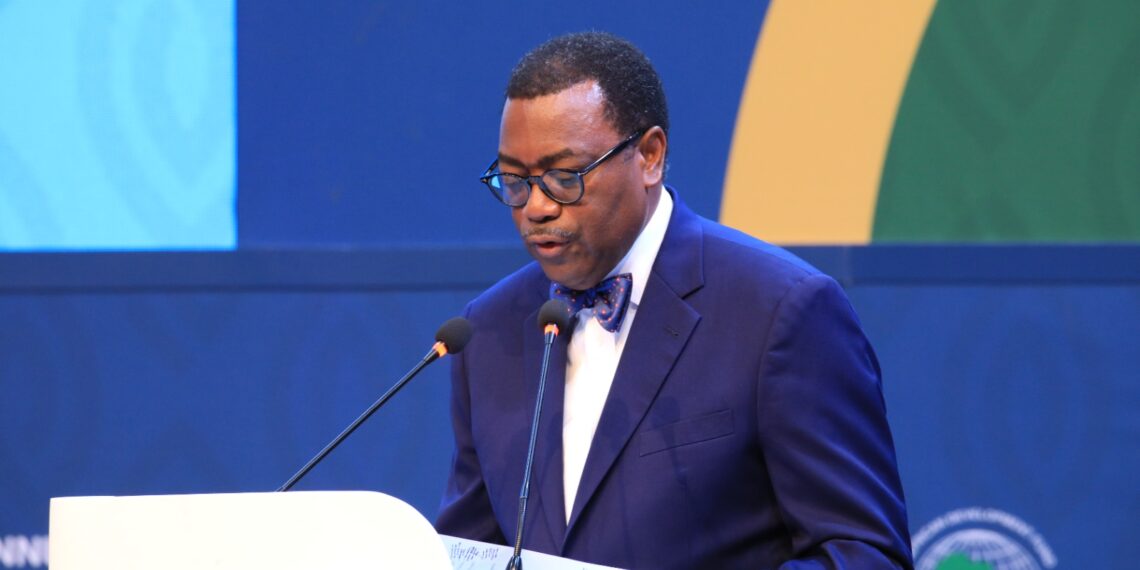2024: Funding, Transparency, End of Dichotomy Top Stakeholders’ Expectations for Education
- EducationUncategorized
- No Comment
- 262

With the dawn of a new year, experts have called for transparency and accountability in adequately funding education, collaboration with the industry, especially at the tertiary level, to end the town-gown dichotomy, as well as the need for the government to see education as a key foundation for the country’s development by allocating significant resources to the sector. Funmi Ogundare reports
Last year, the country witnessed an election that brought President Bola Tinubu into power. Upon assumption of office in June after his inauguration, he promised to improve on the achievements of his predecessor. However, many were disappointed that he didn’t keep his promise of increasing the 2024 education budget to at least 15 per cent. From the N27.5 trillion 2024 budget proposal signed into law, only N2.18 trillion or 7.9 per cent of the budget was allocated to the education sector, which is still a drop in the ocean and has not changed from the previous administration.
However, in a new turn of events, the federal government announced its readiness to allocate 25 per cent of the national budget to the sector to meet global standards, improve the quality of learning, and retain the best hands in the system. The Minister of Education, Prof. Tahir Mamman, disclosed this at a media briefing while reeling out his ministry’s preparations for the 2023 World Teachers Day. This budget still fell short of the 26 per cent recommendation by the global education agency, United Nations Educational, Scientific and Cultural Organisation (UNESCO) for expenditure on the sector. In his strategic plan for education in Nigeria for 2024 to 2027 at a stakeholders meeting in Abuja, he emphasised the pivotal role of a well-developed education in propelling overall national development, explaining that a population equipped with appropriate knowledge, skills and attitudes would contribute to a society with a sound economic model for effective service delivery.
With the strategic plan titled ‘Education for Renewed Hope Agenda: Roadmap for the Nigerian Education sector 2024-2027’, he stated that his ministry has initiated the operationalisation of the National Commission for Almajiri and out-of-school and has also sanctioned a policy on Early Child Care Development in Education (ECCDE). The roadmap, he noted, encompasses practical problem-solving and realistic strategies across 13 thematic areas, including prioritising foundational and basic education, integrating non-formal schools into the formal education system, and expanding adult literacy and non-formal interventions, among others, which is designed for simultaneous implementation as integral components of a synergistic whole.
To kick-start the effort, the Federal Ministry of Education promised to enrol three million out-of-school children and bring them back to the classroom by 2024 so as to increase Access to education, particularly for the less privileged. The Special Adviser to the Minister of State for Education, Dr. Clark Ojham, disclosed that the ministry sought the partnership of all stakeholders to achieve the goal.
Part of the things the Tinubu administration also promised to achieve in the new year for the education sector include implementing the Student Loan Act, which will facilitate financial assistance to poor Nigerian students in tertiary institutions. The implementation of the Act, which is expected to kick off this month, stipulates that all students who have secured admission into any public Nigerian university, polytechnic, college of education or any Technical and Vocational Education and Training (TVET) school can access interest-free from the Nigerian Education Loan fund.
Aside from that, the federal government stated that all stakeholders would validate for implementation the take-off of establishing some federal colleges of education and teacher education and development in the country in early 2024. The approved colleges of education are the Federal College of Education, Ilawe Ekiti, Ekiti State; Federal College of Education, Ididep, Ibiono, Akwa Ibom State; and Federal College of Education (Technical), Yauri, Kebbi State.
On their expectations of the sector in the new year, stakeholders suggested a close collaboration with the industry, especially at the tertiary level, to end the town-gown dichotomy. They also stressed the need for the government to see education as a key foundation for the progressive development of the country by prioritising it and allocating very significant resources to the sector, as well as implementing employment generation and entrepreneurship development strategies that will help address the challenges of youth bulge in the country.
The Chief of Communication Advocacy and Partnerships, UNICEF Nigeria, Rajat Madhok, stated that it aims to work closely with the Nigerian government in 2024 primarily to focus on enhancing the well-being and prospects of children in key areas, especially marginalised and vulnerable children.
He explained that in birth registration, UNICEF emphasises the importance of documenting every child’s birth.
“This official acknowledgement is not only a fundamental right but also a crucial step in ensuring that children have access to essential services like health care and education,” said Madhok. “UNICEF will support the government to implement more efficient and accessible registration systems, possibly leveraging technology, to increase registration rates. This effort will ensure that every child’s existence is officially recognised, laying a foundational step towards protecting their rights and future.”
Madhok said UNICEF also addresses the issue of ‘zero dose’ children, especially those who have not received any vaccinations, adding that it will support the government to intensify its vaccination campaigns, aiming to reach the most remote and marginalised communities and raising awareness about the importance of immunisations in preventing deadly diseases.
The chief communications and advocacy officer explained that in the educational sector, UNICEF envisions a significant push towards increasing school attendance and improving the quality of education, which entails investing in educational infrastructure, training teachers, and implementing inclusive policies that address the barriers preventing children, especially girls and those from disadvantaged backgrounds, from attending school.
“By strengthening these areas, UNICEF hopes to secure a brighter, healthier future for the children of Nigeria,” he stated.
The Rector of Yaba College of Technology, Dr Ibraheem Abdul, in an interview with THISDAY, emphasised the importance of a rapport between the industry and the academia, saying that somebody has to take steps to mediate between the two bodies to enable students to fit into the world of work.
“The rapport between the industry and the academia cannot be overemphasised. Somebody has to take the steps and mediate between the industry and the academia. We have started by setting up the Yaba Industrialised Aliance Group that will encourage institutions to close up with their local industries so that students can fit in the industry where they are going to work in the future.
“We have what we call a day with the industry in the college when doyens in the industry come around to expose them to what it is like in the industry. Apart from that, we have so many initiatives that will close the gap,” stated Abdul.
In his submission, the Director of International Relations (Partnerships and Prospect) at the University of Lagos, Akoka, Prof. Ismail Ibraheem, explained that funding should be a strategic priority of the government, but they seem to be missing it. He noted that lecturers usually go on strike because the government does not see it that way.
“Funding should be a strategic development plan in the society. In a place like South Africa, they have more than 5,000 PhD students, and they graduate every year because they believe that such is tied to their own national development, as research can make them grow. We don’t have that in this country,” Ibraheem explained.
The professor of Journalism and Communication Studies stated that in many countries, education is considered an important pillar of transformational development and a significant source of foreign exchange, adding, “Access to education is recognised human rights and one of the key pillars of the UN Sustainable Development Goals ( SDGs) to which Nigeria is a signatory. The government pays lip service to education in Nigeria with a disappointingly low allocation for education in annual budgets year in and year out across all strata of government.”
The significance of this, he noted, is the poverty of vision and ideas among the ruling elites, which has led to the failure to strategically prioritise education as a strategic resource for transformational development and a secured future.
He, however, stressed the need for the government to see education as the key foundation for the country’s progressive development by prioritising it and allocating significant resources to the sector.
“There is a need for a strategic framework for development anchored on the recognition of education as the key to transformational, progressive and impactful development of the country,” added Ibraheem.
A professor of the Department of Political Science at the Bayero University, Kano, Attahiru Jega, stressed the need for the cost of governance at both the federal, state and local tiers of governance to be drastically reduced and measures introduced to entrench transparency and accountability, and effective anti-corruption oversight.
He added that the government should conceive and implement employment generation and entrepreneurship development strategies that will help constructively address the challenges of youth bulge in the country.
Jega, former INEC chairman, stated, “The state exists, among other things, in order to cater for the security, welfare and basic needs of the citizens. In fact, no nation/state can exist for very long without institutional arrangements to promote the security and well-being of its members.”
By THISDAY Newspaper





